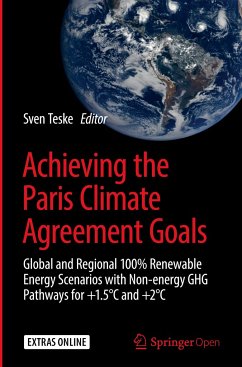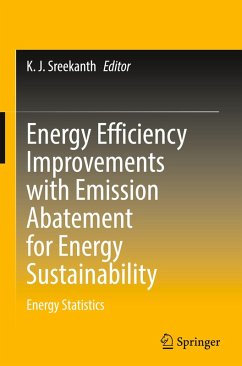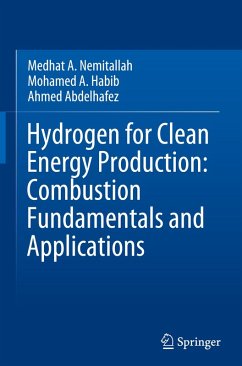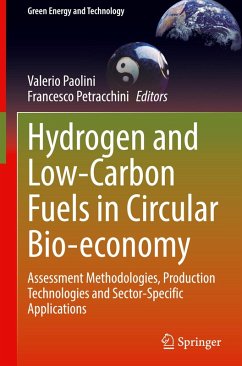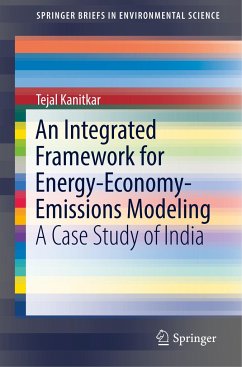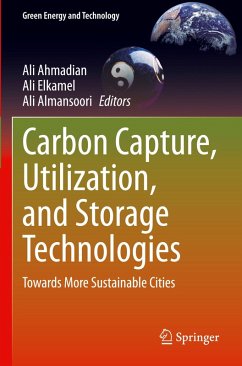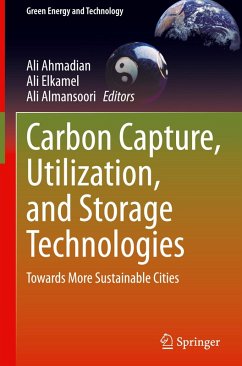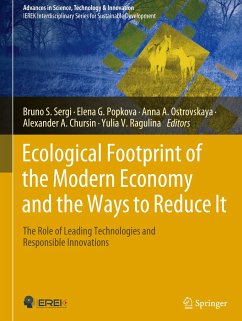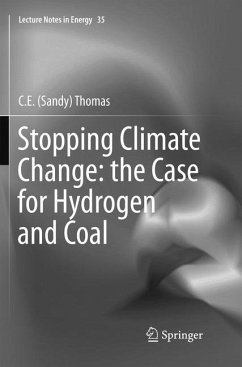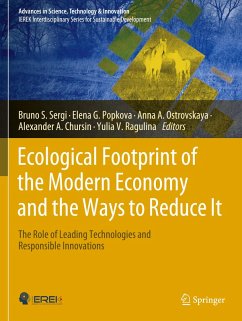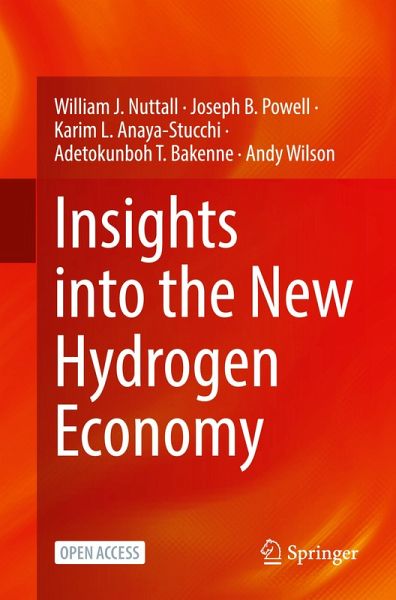
Insights into the New Hydrogen Economy
Versandkostenfrei!
Versandfertig in 6-10 Tagen
31,99 €
inkl. MwSt.

PAYBACK Punkte
16 °P sammeln!
This open access book offers a comprehensive exploration of the future of the hydrogen industry. It builds upon insights gathered from a series of expert workshops and follow-on activity. International experts from various fields, including industry, public policy, and academia, engaged in dialogue and knowledge exchange, resulting in invaluable findings and observations.This book builds upon that process to offers an in-depth analysis of the key issues facing commercial hydrogen energy development in the late 2020s. It highlights how hydrogen has the potential to emerge as a major component o...
This open access book offers a comprehensive exploration of the future of the hydrogen industry. It builds upon insights gathered from a series of expert workshops and follow-on activity. International experts from various fields, including industry, public policy, and academia, engaged in dialogue and knowledge exchange, resulting in invaluable findings and observations.
This book builds upon that process to offers an in-depth analysis of the key issues facing commercial hydrogen energy development in the late 2020s. It highlights how hydrogen has the potential to emerge as a major component of the global energy industry, aiding the decarbonization process. Among the important lessons learned, the book discusses how both hydrogen and electrification will both play a significant role in the energy sector, but hydrogen could emerge as the larger energy carrier, and the two developments will largely operate independently of each other.
The book also highlights thesignificance of industrial infrastructure such as ports, pipelines, hubs, and clusters in scaling up hydrogen use. Finally, the book considers the importance of hydrogen purity for future applications and acknowledges the potential for geologically sourced hydrogen to be a vital component of supply in the future.
This book builds upon that process to offers an in-depth analysis of the key issues facing commercial hydrogen energy development in the late 2020s. It highlights how hydrogen has the potential to emerge as a major component of the global energy industry, aiding the decarbonization process. Among the important lessons learned, the book discusses how both hydrogen and electrification will both play a significant role in the energy sector, but hydrogen could emerge as the larger energy carrier, and the two developments will largely operate independently of each other.
The book also highlights thesignificance of industrial infrastructure such as ports, pipelines, hubs, and clusters in scaling up hydrogen use. Finally, the book considers the importance of hydrogen purity for future applications and acknowledges the potential for geologically sourced hydrogen to be a vital component of supply in the future.



